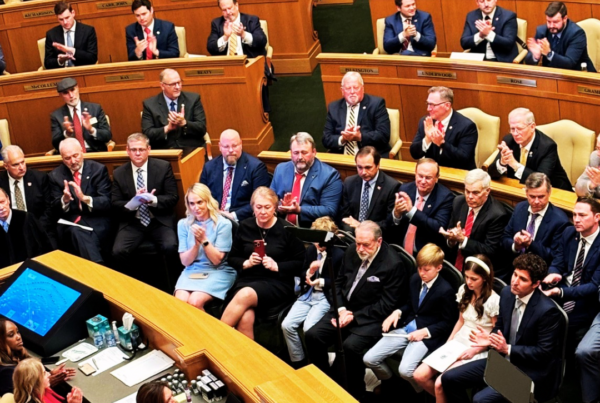Thanks to guest author Blake Rutherford for this piece.
Last year was a dour time for women in Arkansas, but in 2024, things are looking up. The Attorney General has certified a ballot measure that will scale back Arkansas’s draconian approach to reproductive care.
To be clear, if proponents of the measure are able to secure the necessary signatures, it will pass. Accordingly to the highly regarded Arkansas Poll in 2023, 39 percent of Arkansas voters said they wanted to see less strict abortion laws. In the state today, there is still no exception for rape or incest. This is already a national epidemic. Arkansans are well aware of the dire state of maternal care here. There are a few reasons why I believe, should the signature mark be cleared, this will pass handily.
First, there’s the brand-new data on pregnancies resulting from sexual assault. Last year in neighboring Texas, a state with restrictive abortion laws very similar to Arkansas’s, 26,000 rape victims were required to carry a child to term. It’s deeply alarming. When the campaign begins, Arkansas, too, must reckon with the inhumanity of these laws. Remember that former Arkansas governor Asa Hutchinson, a life-long Republican, lamented the lack of protections for victims of assault and abuse. This fall, moderate Republicans tired of culture wars will be reminded of this practical approach to the issue.
Second, public health and safety is another critical issue in Arkansas. Currently, Arkansas is near the very bottom – 49th, barely ahead of West Virginia – in our ability to care for our citizens. Attracting doctors who can care for their patients far better than members of the General Assembly is paramount to moving up. So, too, is attracting young women to Arkansas to study at our colleges and universities and who hopefully will make impactful careers in our state. Without meaningful protections for reproductive healthcare, these clever women are unlikely to stay here, if they come in the first place. Poll after poll confirms that Arkansas’s current approach to reproductive rights puts that in jeopardy.
Finally, in state after state, abortion rights poll incredibly well among voters. In other words (and despite the national weaponization of the pro-life camp), it defies partisanship. It is why ballot measures to expand abortion rights and elections for pro-choice politicians passed in red and purple states like Kansas, Kentucky, Ohio, and Michigan.
Soon, Arkansans will be reminded that Arkansas has historically been a moderate state whose popular appeal was that it governed from the middle. This constitutional amendment aligns with that appeal, and it is why it stands an excellent chance of passing this fall. Arkansans are sensible folk, and they’ll respond to a well-crafted, sensible amendment.





